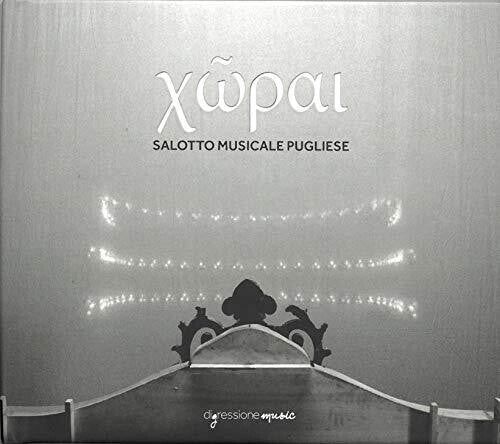Digressione Music
Abbate/ Akamine/ Clemente - Salotto Musicale Pugliese
Abbate/ Akamine/ Clemente - Salotto Musicale Pugliese
Usually ships within 1 to 2 weeks.
Couldn't load pickup availability
SKU:DIGG86.2
Share
This double album traces two centuries of chamber music for voice and piano tracing a red thread between Apulia and Japan, lands of great musicality, which today meets in the sharing of projects and repertoires. Apulia (Puglia) is the region of southern Italy that has produced more musicians than any other in the last five centuries. A good part of the great composers, singers and instrumentalists who made the "Neapolitan School" famous in the world between the sixteenth and nineteenth centuries, were in fact born in Apulia. It is probably not a talent inherited genetically, nor is it due to the quality of the air, food and sea of this territory today very much loved by visitors, but the consequence of a special historical situation: among the provinces of the Kingdom of Naples, the Apulian one was the richest of fiefs. The noble Apulian feudatories generally had a representative building in the capital, Naples, where they showed young music promises discovered in the territory and brought to study in Neapolitan conservatories at their own expense. Some of them then returned to Apulia to serve churches or convents and sometimes opened schools of music. It was the same small territorial nobility that later created real private concerts in their provincial palaces that wanted to imitate those of the most fashionable salons in the capital. Throughout the nineteenth century the movement of young musicians from Apulia to Naples continued, but with a more consistent return to their homeland after their studies and the debut, often operatic, in the Neapolitan theaters. Since there are few theaters in the Apulian territory, the best work opportunities for musicians returning home were offered by many bands, active since the early the nineteenth century in all the towns, even small ones, of Apulia and soon became one of the best in Italy. Often great musicians, also from other regions, were invited to direct those formations of excellence.



